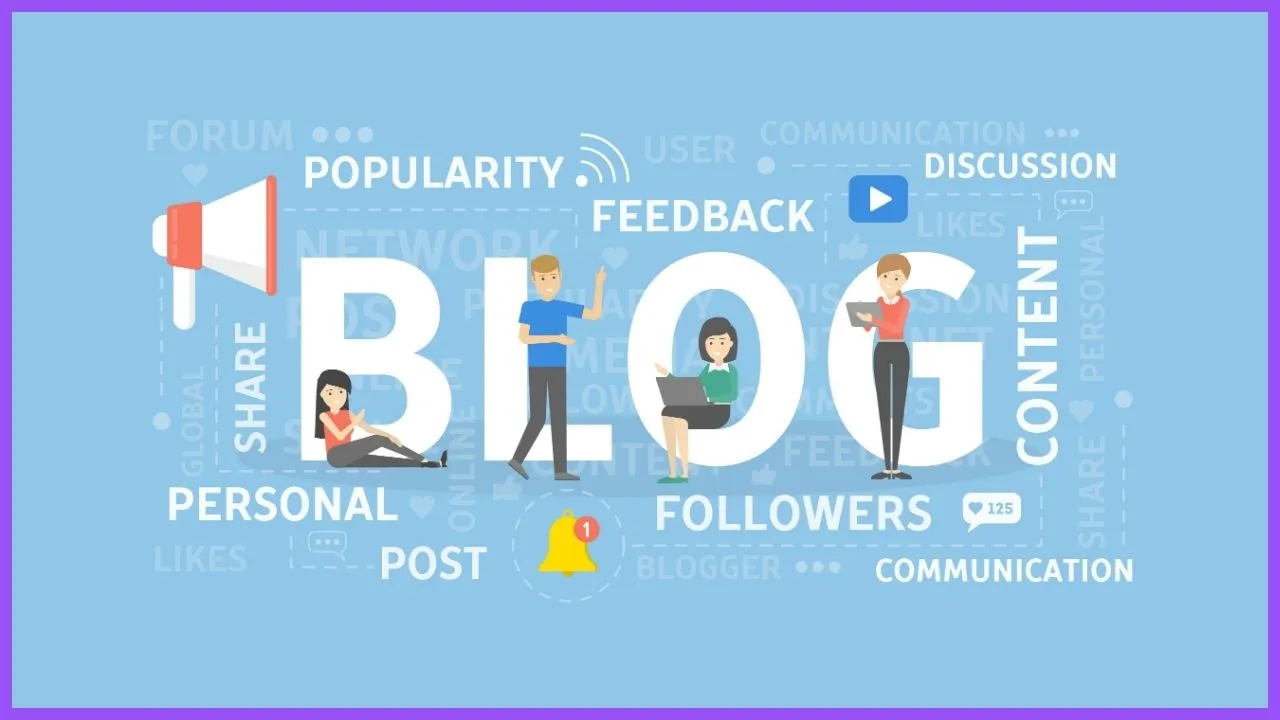
Table of Contents
Blogging has become a fundamental aspect of the digital landscape, offering a platform for individuals and businesses to share their thoughts, expertise, and stories with a global audience. But what exactly is blogging, and why has it become such an integral part of online communication and marketing strategies?
In this article, we will delve into the concept of blogging, its history, benefits, and best practices to help you understand its significance in today's digital world.
What is Blogging?
Blogging refers to the practice of creating and maintaining a blog, which is an online platform where individuals or organizations regularly publish content in the form of articles or posts. These posts can cover a wide range of topics, including personal experiences, professional advice, industry news, or creative content. Blogs are often interactive, allowing readers to leave comments and engage with the author.
History of Blogging
Blogging has evolved significantly since its inception:
-
Early Days (1990s): The first blogs appeared in the late 1990s as personal online diaries where individuals documented their daily lives and interests.
-
Growth and Popularity (2000s): Blogging gained popularity in the early 2000s with the rise of platforms like Blogger and WordPress, making it easier for anyone to start a blog.
-
Monetization and Professionalization (2010s): Blogs became valuable tools for businesses and marketers, leading to the development of professional blogs and monetization strategies.
-
Modern Blogging (2020s): Today, blogs are an essential part of content marketing strategies, providing a platform for thought leadership, brand building, and audience engagement.
Benefits of Blogging
Blogging offers numerous benefits for individuals and businesses alike:
-
Improves SEO: Regularly updated blogs with high-quality content can improve search engine rankings, driving more organic traffic to your website.
-
Establishes Authority: Blogging allows you to showcase your expertise and knowledge in your industry, establishing you as a thought leader and authority.
-
Engages Audience: Blogs provide a platform for engaging with your audience, answering their questions, and building a community around your brand.
-
Generates Leads: Well-crafted blog posts can attract potential customers, leading to higher conversion rates and increased sales.
-
Enhances Brand Awareness: Consistent blogging helps increase your brand's visibility and recognition in the digital space.
Best Practices for Successful Blogging
To make the most of your blogging efforts, follow these best practices:
-
Consistency is Key: Regularly publish new content to keep your audience engaged and coming back for more.
-
Focus on Quality: Prioritize high-quality content over quantity. Ensure your posts are well-researched, informative, and well-written.
-
Engage with Your Audience: Respond to comments and feedback from your readers to build a loyal community.
-
Use Visuals: Incorporate images, videos, and infographics to make your posts more engaging and visually appealing.
-
Monitor Analytics: Track your blog's performance using analytics tools to understand what works and make data-driven improvements.
Why Blogging is Important for Your Business
Blogging plays a crucial role in digital marketing strategies:
-
Drives Organic Traffic: Regular blog posts with targeted keywords can improve your website's search engine rankings and drive more organic traffic.
-
Builds Brand Authority: Sharing valuable insights and expertise through your blog helps establish your brand as an authority in your industry.
-
Fosters Customer Relationships: Blogging allows you to connect with your audience on a deeper level, addressing their pain points and providing solutions.
-
Supports Content Marketing: Blogs serve as a foundation for your content marketing efforts, providing material for social media, email campaigns, and more.
-
Generates Leads: Effective blogging can attract potential customers and convert them into leads and sales.
Best Blogging Tools
To enhance your blogging experience, consider using these tools:
-
Content Management Systems (CMS): Platforms like WordPress and Blogger provide user-friendly interfaces for managing your blog.
-
SEO Tools: Tools like Yoast SEO and SEMrush help optimize your blog posts for search engines.
-
Content Planning Tools: Trello and Asana can help you plan and organize your blogging schedule.
-
Analytics Tools: Google Analytics provides insights into your blog's performance and audience behavior.
Conclusion on What is Blogging
Blogging is a powerful tool for individuals and businesses to share their voices, establish authority, and engage with their audience. By understanding the fundamentals of blogging and implementing best practices, you can harness its full potential to achieve your personal or business goals.
Take Your Blogging to the Next Level!
Ready to start your blogging journey or improve your existing blog? At Softhat IT Solutions, we offer expert blogging and content marketing services to help you succeed. Contact us today to learn more about how we can support your digital marketing efforts.
